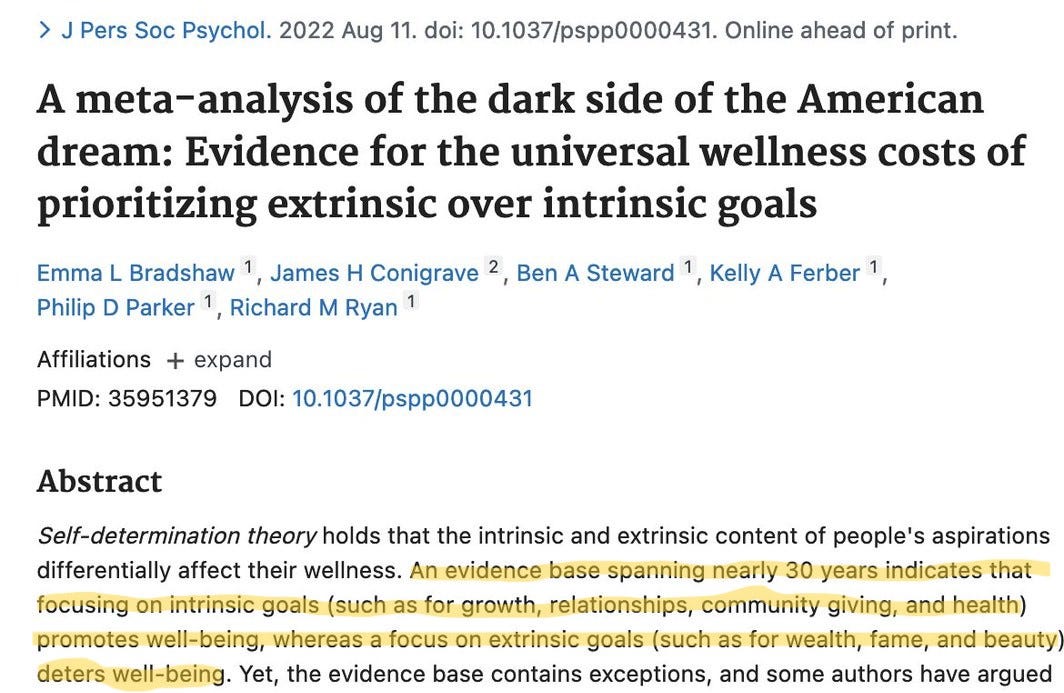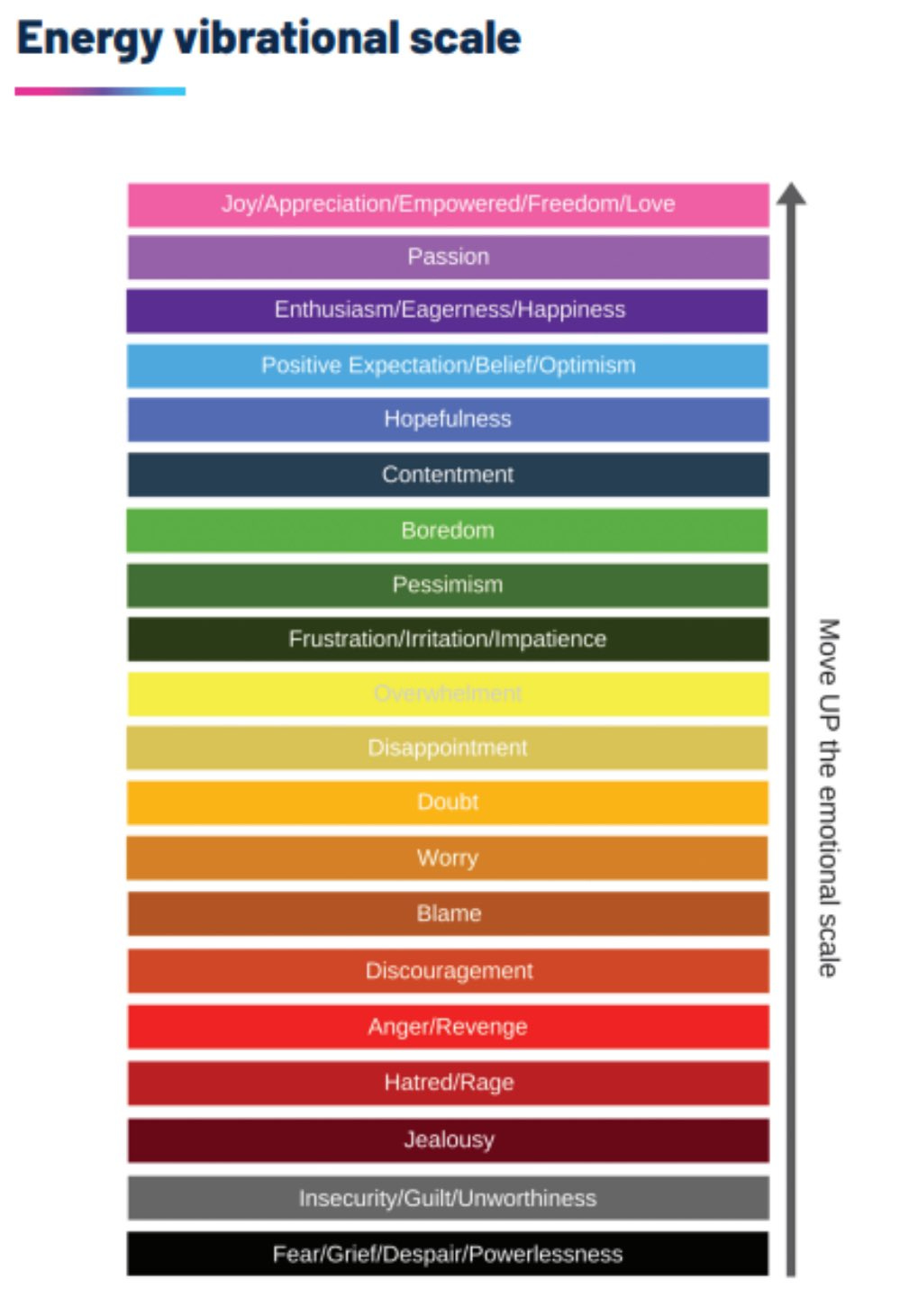Stop striving for numbers, start aiming at meaning
Why subjective goals are better than objective goals for your fitness and sports journey
“In the sacred time of sports, the time of heroes occaisionally breaks through. No one dictates the moment. It comes when it comes. But by preparing oneself, by laboring steadily, by forcings one’s attention and concentration to the highest pitch possible, one may not lose the opportunities which suddenly and surprisignly appear. Such moments do not come frequently…Living in the time of the heroes requires intensity. One must often practice raising the quality of one’s attention to every instant as it arises, staccoto-like, from the void.” - Michael Novak, The Joy of Sports (pg 138-139)
The Reality of Miracles
Miracles are real. How do I know? Because sports prove them.
It looks like all hope is lost, there’s not enough time left, there’s a million to one shot that it’s going to work. And then all of a sudden it happens.
The team that looked sure for defeat rallies to triumphant victory. The athlete that had the longest odds to become champion finds themselves on top of the podium. The underdog team made it to the final whistle still clinging to the lead.
I want you to close your eyes and remember a miracle moment in sport you saw live or on tv. Hold that memory tighlty. Feel it intensely.
Now comes the hard part, how do you trasnfer that miracle moment you saw into an experience you can have with your own body?
Aiming for Transcendence
The long quote at the beginning of the article shows us the way to feel these moments ourselves. The idea of ‘sacred time’ helps us understand what happens in these moments. And importantly why sports and physical activity are the best arenas to experience and live out these miraculous moments.
The key here is the importance of our aim, focus, attention, and concentration. Novak tells us to bring our attention to the ‘highest pitch’, but what does that mean?
Let’s turn to another philosopher to get a good idea of where we should aim and what constitutes the ‘highest pitch.’
The ancient philosopher Aristotle gives us two important concepts when considering what that ‘highest pitch’ is and how we can realize it in our actions.
The first is Entelechy; that is the internal drive that steers each individual towards their highest potential.
The second is Eudaimonia; that is the highest good imaginable for each indidvual.
The most important thing we need to take from these concepts are their subjective nature. These are not objective goods that all humans should strive towards. These are the deeply personal and meaningful elements to you and your life.
Aristotle tells us that to live a happy and meaningful life we need to aim here first.
If we want to become our best selves we need to follow what is meaningful to us, becasue that accurately points us towards our greatest potential.
Crucially, when we’re subjectively motivated, adversity and struggle become positive levers in helping us breakthrough, to find that transcendence, on the other side.
Objective data backs up the meaning of the subjective
Was Aristotle right? A recent study suggests he may have cracked the code over 2700 years ago. Author Steve Magness posted this abstract on social media that suggests the subjective is more valuable in promoting happiness and well being than the objective.

When we open ourselves up to being led by the subjective, we discover that any activity can become deeply meaningful.
It’s only in this mindset that miracles of personal transcendence can occur. We’re hitting the right ‘pitch’ that Novak outlined.
It comes upon you, not something you find on your own
In our day to day lives we live through countless ‘mundane’ moments. Ordinary things. Getting up, getting dressed, going to work, commuting home, eating dinner, going to bed, etc…
The ‘sacred’ moments are the ones outside the ordinary. It’s that amazing sunrise that makes you stop your normal morning routine and feel a minute that seems to stretch much longer when you’re gazing at the soft morning light.
For most of us, sport and physical activity are the most vivid and visceral experiences we have with sacred time; where we play by a different clock.
A 45 minute run doesn’t feel the same as a 45 minute commute
Sprinting as hard as you can for 20 seconds feels like an ETERNITY
The last 2 minutes of a football game or basketball game stretch for 30 minutes
Baseball doesn’t (or at least shouldn’t) even have a clock
We also move our bodies in different ways than the ordinary or ‘mundane’ when we play sports or test ourselves in physical fitness. There’s an intensity of concentration required. There is a joy in movement absent those ordinary motions. It’s the idea of ‘dancing like no one is watching’ but actually doing it and not just imaging how nice it would feel.
But here’s the difficult part. If we try to plan those moments ourselves we’ll never find them.
In sports do you know before the game starts that a miracle moment will occur? That you will see something you have never seen before and will likely never see again?
Of course not! It emerges through the action and even then only becomes realized in a tiny fraction of these situations (lots of chances to make a hail mary play, only few actual hail mary’s succeed)
It’s just as Novak discussed, they are infrequent but also illusory to the person who’s not concentrating their focus to find them.
The building blocks are here for us to find these personal miracle moments, now a story to bring them all into focus.
What it feels like to find transcendence
I coach individuals to aim at subjective goals in fitness as a way to break negative thought patterns that hold them back in mind, body, and spirit.
Two of my guys in the past two weeks described to me the exact moment of transcendence they felt on runs that had nothing to do with any objective measure but entirely due to subjetive experience. The numbers told them nothing special about the runs, but they felt something indescribable and immensely meaningful.
I don’t plan their running schedules, I provide a loose set of guidelines and tell them to listen to and feel their bodies and use that as the primary method of feedback.
Over the course of our work they end up running faster, farther, and setting multiple PRs in both pace and distance, but they aren’t AIMED there.
Both described the moment using the same words and emotions.
They hit a wall, physical pain was real, but deep inside themselves a voice came through “send it” “don’t you dare quit” “this is what you wanted” “breakthrough”
They were personal miracles. Neither thought before each run they could move beyond that physical barrier but miraculously thrtough their own effort and resiliency they not only kept going but found courage, strength, and potential on the other side. “If I could do that when I believed I couldn’t, what else am I limiting myself from achieving?”
If I told them to focus on numbers both would have quit and missed out on these miracle moments.
And because they understand how fleeting the moment is, they aren’t expecting to feel it again any time soon. It’s back into process, aiming at the subjective goals, and finding the feeling of their practice in all moments, from mundane and ordinary to sacred and extraordinary.
Apply to yourself: refocus your aim
Now comes the fun part, yes it’s a bit hard but nothing worthwhile is easy.
Here’s how you reshift your attention towards the subjective in sport and physical activity.
Step 1: FORGET MEASUREMENTS
This the hardest thing to do because sports gives us truthful objective data. Heck, it might be the most truth we ever experience.
I ran 100m in 13.1 seconds!
I lifted 500lbs off the floor on my deadlift!
I scored 2 goals a game in my rec hockey league!
We love sports becuase it gives us the measures, so why am I telling you to ignore them?
Because miracles aren’t quatifiable in a positive sense.
If it’s 1 in a million that means 999,999 times it doesn’t happen.
Go for a run without timing it.
Lift weights by feel and don’t put them into a log book.
When you ignore measurements your mind has to find something else to latch onto for its attention.
Step 2: INSERT FEELINGS
Seems pretty subjective right…good!
Instead of saying “I want to run a 5 min/km pace on my next 10k run” focus on “feeling strong, confident, smooth, and in control”
Instead of saying “I want to bench 315 for reps” focus on “making the weight feel light andd your motions smooth”
Now you’re in tune with your body in way that numbers distort. When I’m running trails I’m always blown away by the discrepancies between feeling and numbers.
When I feel fast the numbers say I’m slow. When I feel slow the numbers say I’m fast.
Becoming aware of this makes it possible that one time I’ll be able to make them connect, and that’s when the transcendence happens.
But only if I put the emphasis on feeling first, because then my attention goes towards what I value most indidivualy. I’m aiming at my potential. I’m realizng the highest good for me. Everyone respects the numbers. But my feelings are MINE alone.
So if I feel like I’ve broken through a barrier with my effort and performance I don’t need the numbers to validate it, just like my guys and their breakthroughs!
Step 2a: What kinds of feelings?
Not all feelings are created equally. I aimed my guys towards the highest values and virtues. What are they?
I tell them to focus on words like: happiness, passion, joy, love, freedom and to use the physical to FEEL them intensely.
When you focus on the numbers, do those words come to mind?
Instead you feel words like: contentment, pessimisn, doubt, dissapointment, discouragement, jealousy, fear, despair.
It’s because you have an objective goal that’s tied to other people’s expectations instead of aiming at something that radiates strongly from your core.
And if we’re trying to recreate personal moments of miraculous transcendence through our physical efforts, there’s only on place we can find them using these feelings.
That’s aiming directly at them as our primary target.
Good luck in your journey towards the subjective.
If you have any questions on how to do this in your life or want some feedback on the steps you’re taking on your own either leave a comment or reach out to me via DM and let’s chat about it!
A philosopher is always ready to listen!









